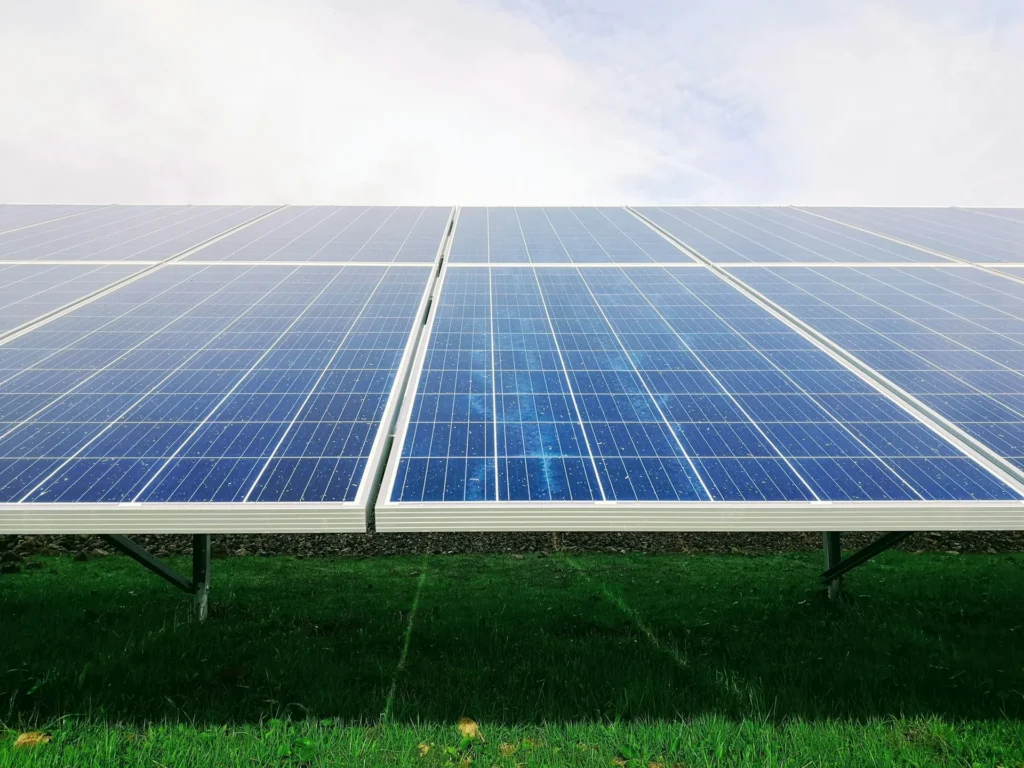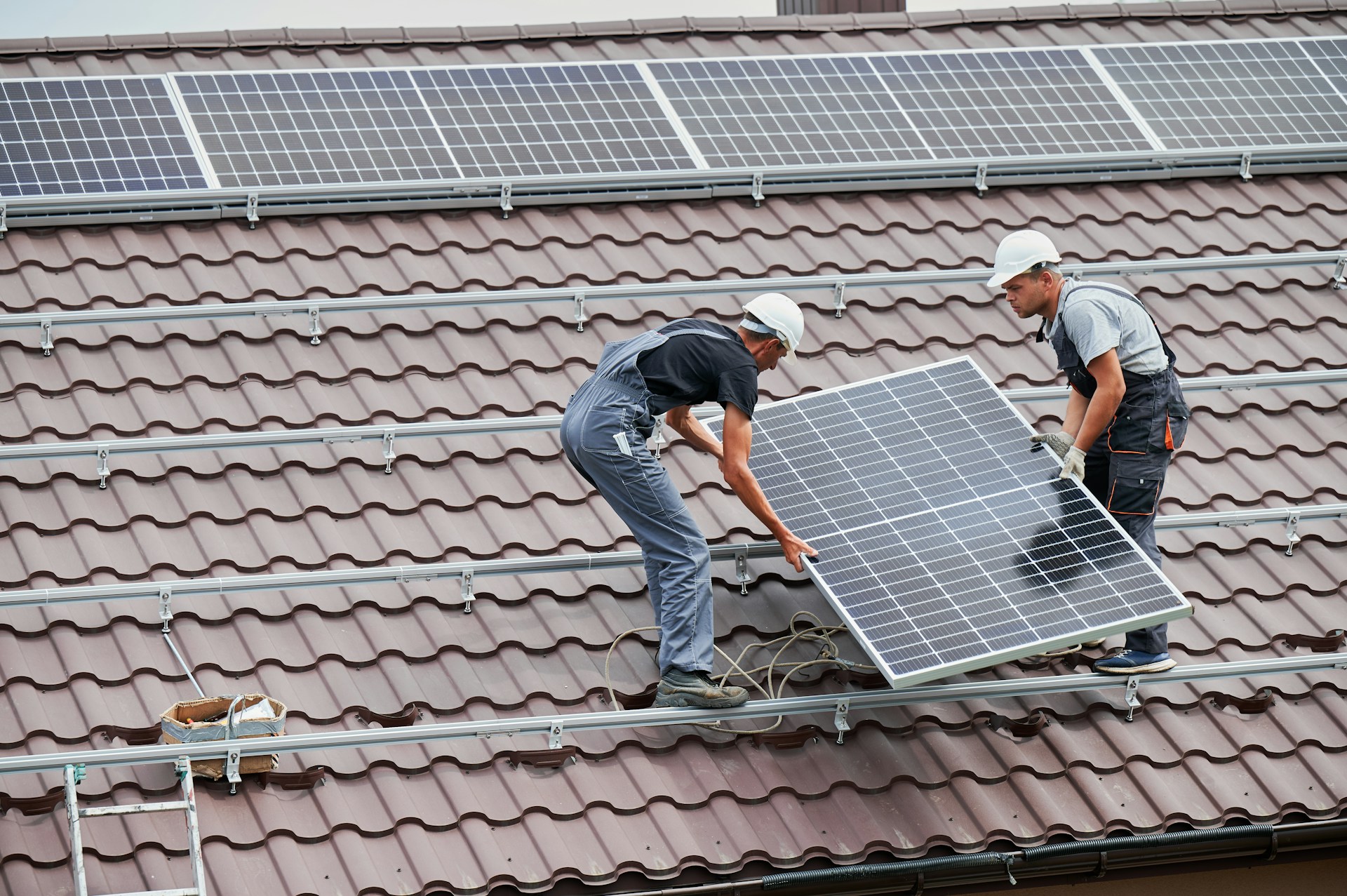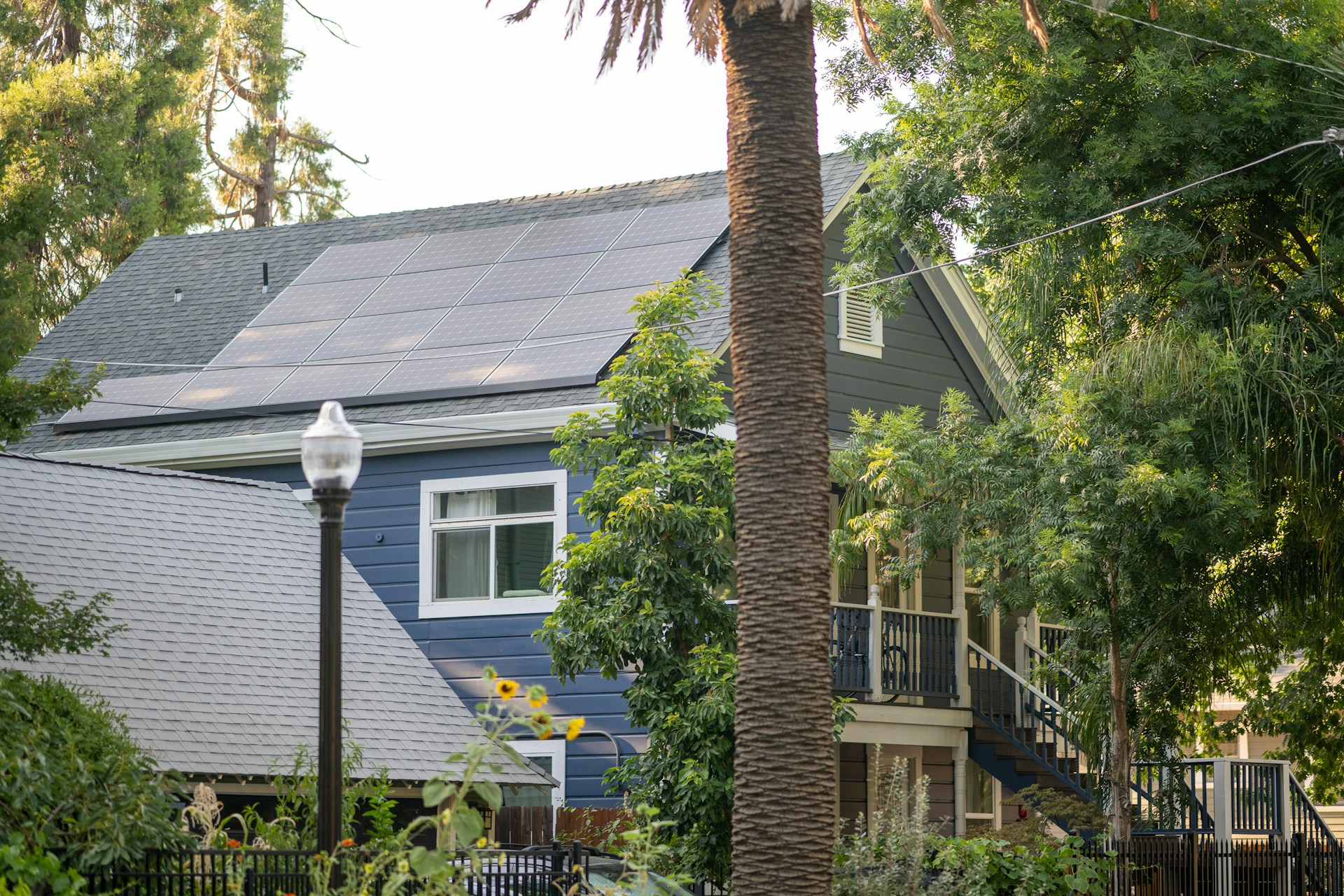In the realm of sustainable energy solutions, the manufacturing of energy panels stands as a cornerstone, shaping the efficiency and feasibility of solar power systems worldwide. At the core of our commitment to advancing renewable energy, we emphasize innovations in the production of these critical components. The process of energy panel manufacturing is intricate and evolving, reflecting both the technological advancements and the increasing demands of the global market.
Our focus is not only on producing energy panels but also on enhancing their performance and sustainability. This integration of new technologies and methods in our manufacturing process underscores our dedication to providing top-tier solar technology. By optimizing the production techniques, we ensure that each panel offers maximum efficiency and durability, paving the way for more reliable and accessible solar energy solutions.
Understanding the manufacturing process, from raw material selection to the final assembly, is crucial for anyone interested in the technical aspects of solar energy systems. This knowledge helps demystify the complexities behind the panels that power homes and businesses, linking material science with practical energy solutions. Through a detailed examination of the advancements in energy panel manufacturing, we aim to illuminate the significant strides being made toward more sustainable and powerful solar energy systems.
Introduction To Energy Panel Manufacturing: Setting The Scene
In the realm of solar energy, the manufacturing quality of energy panels determines the efficiency and reliability of the entire system. At our facilities, we embrace advanced methods that set the standard for the industry, ensuring every solar device produced meets rigorous performance criteria established here in the USA. The journey from raw materials to a fully functional energy panel involves precision engineering and a deep understanding of photovoltaic science. This intricate process is crucial because the subsequent efficiency of solar energy conversion largely hinges on how well these panels are conceived and produced.
We are dedicated to sustainability not only through the utilization of solar energy but also by integrating environmentally responsible practices into the manufacture of our panels. This begins with selecting raw materials that are both durable and effective in harnessing solar power. Our technicians are trained to optimize each stage of production to enhance the output and durability of the panels, safeguarding the long-term success of our clients’ investments in solar technology.
Key Technological Advances In Energy Panel Production
Technological innovation is at the heart of enhancing the efficiency and effectiveness of solar panels. In recent years, remarkable progress has been made in the field of material science, particularly with the development of new photovoltaic materials that surpass traditional silicone in efficiency. These advancements not only bolster the energy output of the panels but also extend their operational life, making solar an even more appealing option for renewable energy.
In addition to material improvements, we employ state-of-the-art manufacturing technologies such as automated assembly lines and precision laser cutters. These tools allow for extremely accurate assembly of solar panels, reducing human error and ensuring that each panel produced adheres to the same high standards of quality and efficiency. Automation in our processes not only streamlines production but also enhances the consistency and reliability of our solar panels, ensuring our clients receive the best possible products to meet their energy needs.
By staying at the forefront of these technological innovations, we ensure that the solar panels we install provide maximum performance and durability, empowering homes and businesses to harness the power of the sun more effectively and sustainably.
Comparing Traditional And Modern Energy Panel Manufacturing Techniques
The evolution of manufacturing techniques in the solar industry is a testament to technological progress. Traditionally, energy panels were crafted using processes that focused heavily on manual assembly and older photovoltaic compositions. These methods, while effective at the time, did not provide the same efficiency rates or durability that modern panels achieve. Today, we utilize advanced, automated systems that enhance precision and reduce waste, driving up the quality and consistency of our solar panels.
Modern techniques also incorporate high-tech materials like monocrystalline silicon, which offers a higher rate of sunlight conversion to electricity. Moreover, the inclusion of technologies such as PERC (Passivated Emitter and Rear Cell) enhances light absorption and further improves efficiency. Upgrades in lamination and encapsulation protect the panels from environmental factors, extending their lifespan significantly compared to older models. As we continue to refine these methods, the gap in performance between traditional and modern technology widens, providing clear advantages in adopting newer solar solutions.
How Enhanced Energy Panels Impact Overall Solar System Performance?
Enhanced energy panels significantly boost the performance of solar systems, transforming how energy is captured and utilized. With the adoption of high-efficiency panels, systems become more capable of generating energy even in less ideal conditions, such as low light or cloudy days. This reliability ensures a consistent energy supply, which is crucial for both residential and commercial properties depending on solar power.
Moreover, improved panel technology can also lead to smaller, more streamlined systems that occupy less space while still delivering the power needed. This aspect is particularly beneficial in urban settings where space can be at a premium. With the capacity for these high-performance panels to manage higher energy loads, clients can see quicker returns on their investments through reduced energy bills and lower maintenance requirements over the panel’s increased lifespan.
Conclusion
As the solar industry evolves, so too does the opportunity to harness this incredible resource more effectively. At Hans Energy Systems, we are committed to providing cutting-edge solar technology that not only meets but exceeds the expectations of modern energy demands. From the initial manufacturing of energy panels in Poway to their installation and maintenance, we ensure that every step is handled with the utmost professionalism and expertise.
We invite you to explore the potential of solar energy with our high-quality systems that promise durability, efficiency, and unmatched performance. Let us guide you through the seamless integration of solar power into your home or business, demonstrating our pledge to renewable energy and sustainable practices. For more information on how we can assist you with your energy needs, contact our expert team today. Together, we can light up the world one solar panel installation at a time.







